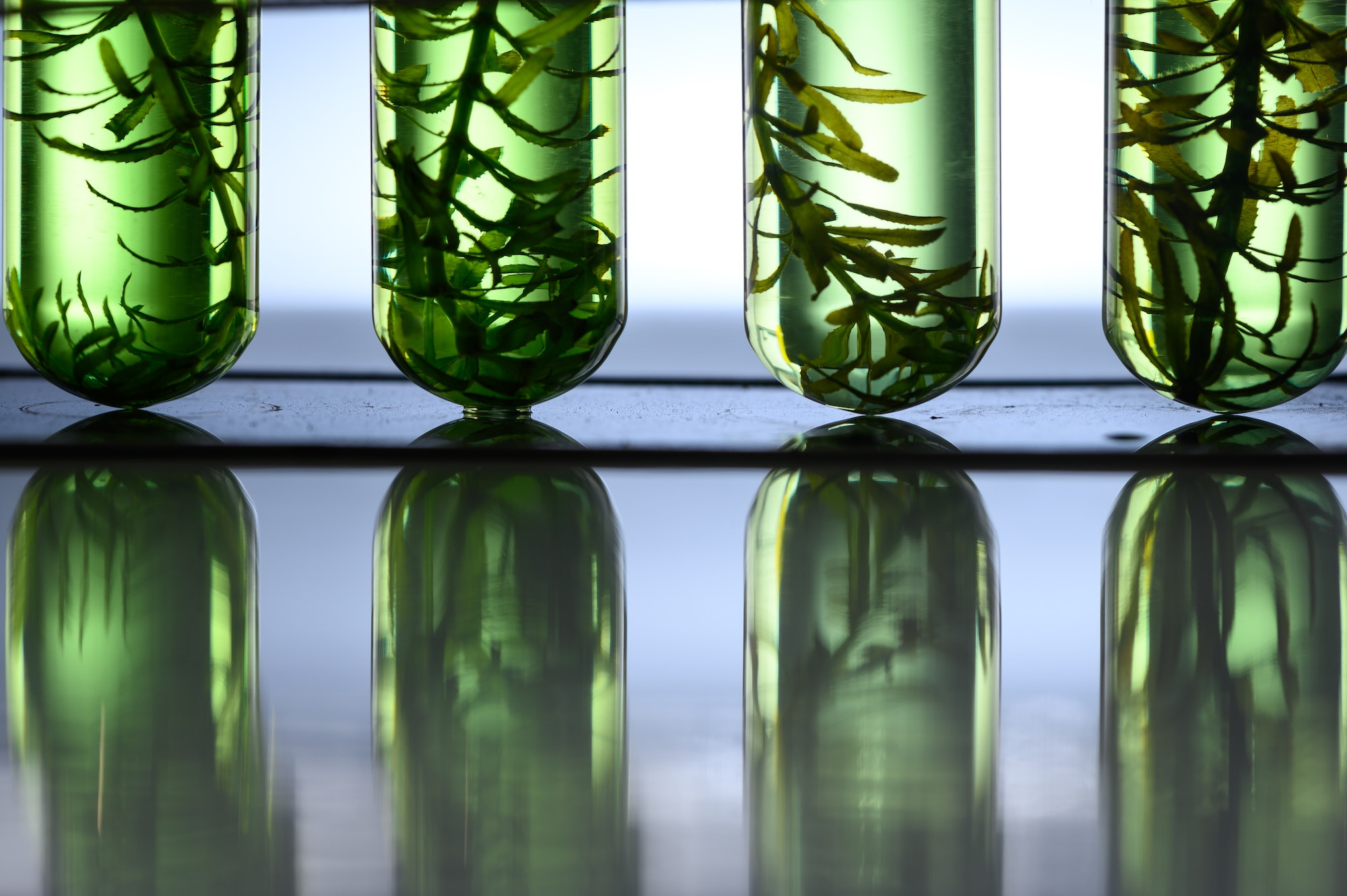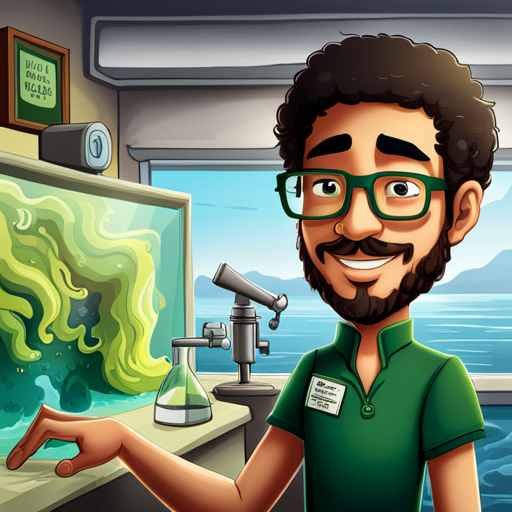The world is facing a major crisis – the depletion of fossil fuels. The continuous reliance on these non-renewable energy sources has led to numerous environmental issues such as climate change, air pollution, and resource depletion. The need to transition to sustainable and environmentally friendly energy sources is more urgent than ever. One promising alternative is algae bioenergy, which has the potential to significantly reduce our dependence on fossil fuels while promoting environmentally friendly practices.
Algae are photosynthetic organisms that can be found in various aquatic environments. They are highly efficient in converting sunlight into chemical energy through the process of photosynthesis, making them an abundant source of biomass. This biomass can then be converted into different forms of bioenergy, such as biodiesel, biogas, and bioethanol.
There are several environmental benefits associated with algae bioenergy production. Firstly, algae can grow rapidly and can be harvested frequently, allowing for a higher biomass yield compared to other energy crops such as corn or sugarcane. Moreover, algae can be cultivated in non-arable land and even wastewater, ensuring that valuable agricultural land is not diverted from food production.
Algae bioenergy production also contributes to the reduction of greenhouse gas emissions. During their growth, algae absorb carbon dioxide (CO2) from the atmosphere through photosynthesis. When the algae biomass is converted into bioenergy, the CO2 released during combustion is offset by the CO2 absorbed during the growth phase, resulting in a closed carbon cycle. This helps mitigate climate change by reducing the overall carbon footprint of our energy sources.
In addition to CO2 sequestration, algae can also help address other environmental issues such as water pollution. When grown in wastewater, algae can remove harmful pollutants like nitrogen and phosphorus through a process called bioremediation. These nutrients are assimilated by the algae cells and used for growth, thereby preventing them from ending up in water bodies where they can cause eutrophication. The clean water can then be returned to the environment or used for irrigation purposes.
Promoting environmentally friendly practices is essential in the algae bioenergy industry. One such practice involves the use of closed photobioreactors (PBRs) for algae cultivation. PBRs are closed systems that provide a controlled environment for algae growth, reducing the risk of contamination and ensuring high biomass productivity. They also minimize water evaporation, leading to reduced water consumption compared to open pond systems.
Another environmentally friendly practice is the integration of algae bioenergy production with other industries, such as agriculture or aquaculture. For example, the CO2 emitted from industrial processes can be used to enhance algae growth, while the oxygen produced by the algae can be utilized by fish and other aquatic organisms in aquaculture systems. This synergy between industries not only promotes resource efficiency but also contributes to a circular economy.
Despite its numerous environmental benefits, there are still challenges that need to be addressed for algae bioenergy to become a mainstream energy source. These challenges include improving biomass productivity, reducing production costs, and optimizing conversion processes. However, with continued research and development efforts, it is believed that these hurdles can be overcome, paving the way for a more sustainable and environmentally friendly energy future.
In conclusion, algae bioenergy holds great potential in reducing our reliance on fossil fuels while promoting environmentally friendly practices. Its environmental benefits include CO2 sequestration, water pollution remediation, and efficient land use. By adopting sustainable practices and integrating algae bioenergy production with other industries, we can move towards a greener and more sustainable future for our planet.


